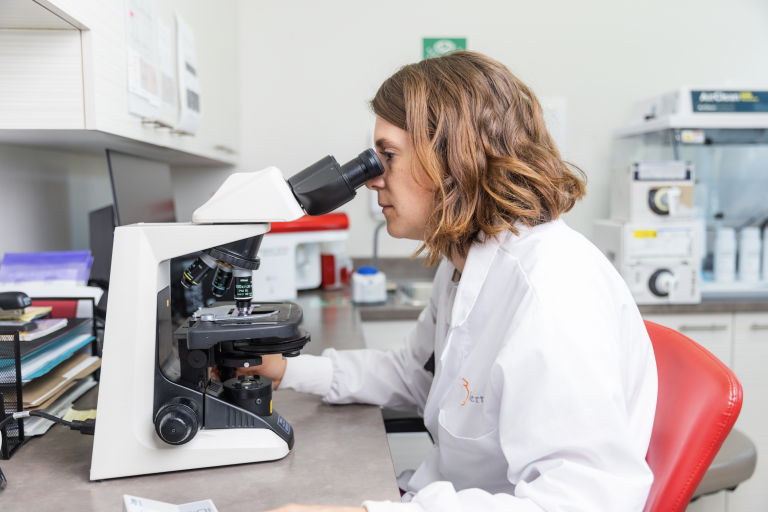It’s possible to determine, as soon as the 11th week of pregnancy, the health of the fetus and the risks of abnormalities that could affect its health and that of the mother.
At Fertilys, we offer prenatal screening using fetal ultrasound combined with the measurement of proteins in the maternal blood. It applies to all pregnant women, regardless of their age, and is not a danger to the fetus.
In some cases, a fetal DNA test is also offered. Since fetal DNA circulates freely in the mother’s blood, this test is performed using a blood test.

